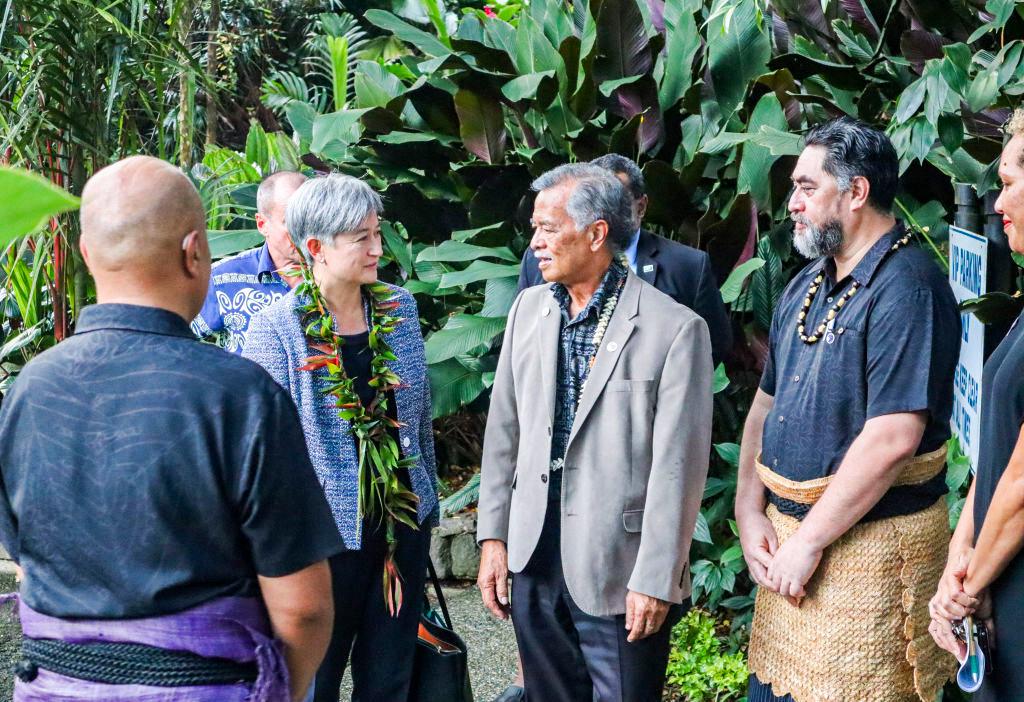Foreign Minister Penny Wong has travelled to the Pacific region twice in two weeks as the new federal government pushes its Pacific engagement strategy which it hopes can bolster Australia’s presence in the region to counter Beijing.
Wong, sworn in as new foreign minister on May 22, said during bilateral talks with Samoa and Tonga on June 2 and 3 that the new Albanese government was seeking to demonstrate Australia’s commitment to the region while promoting a new migration scheme.




